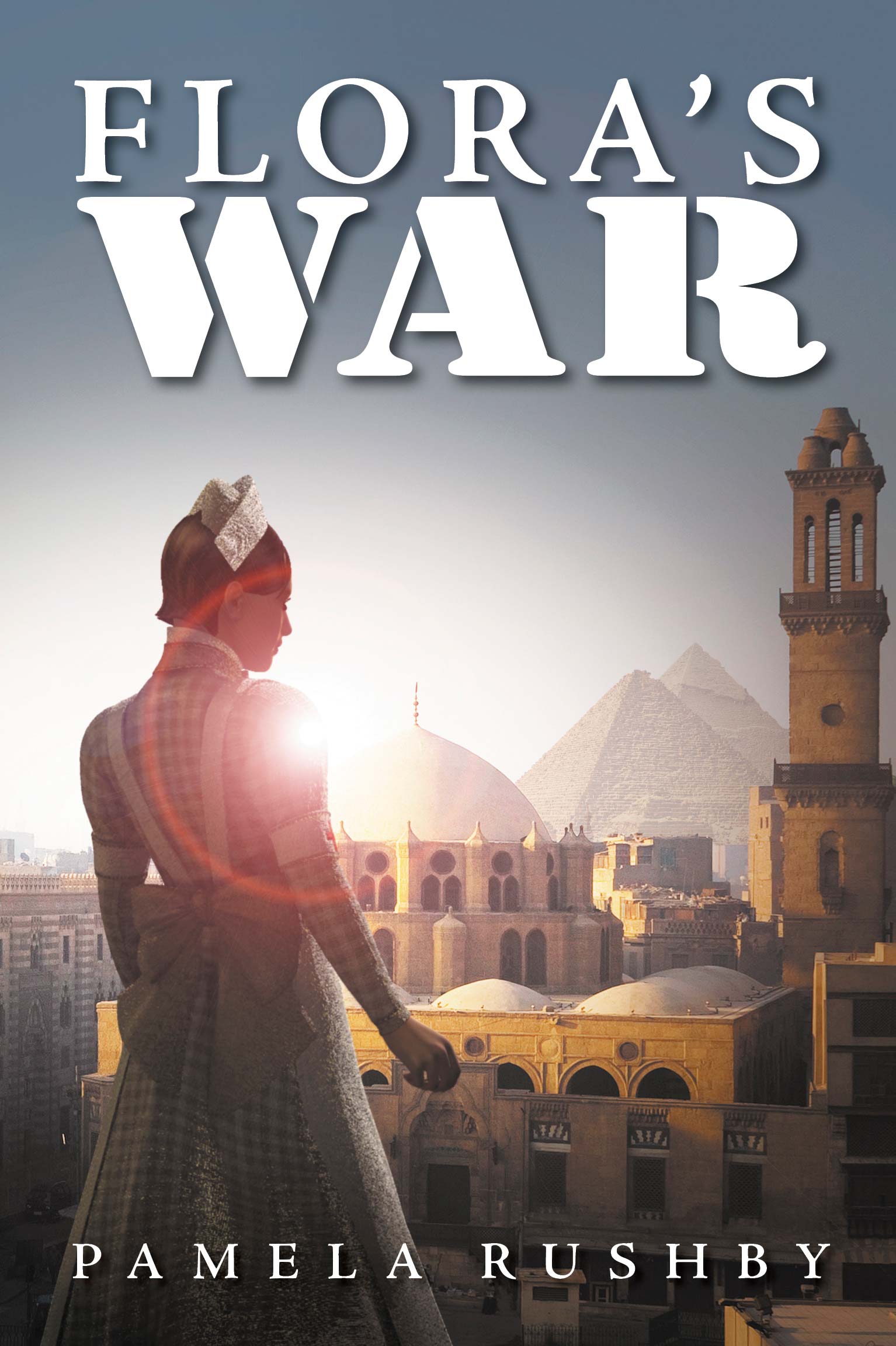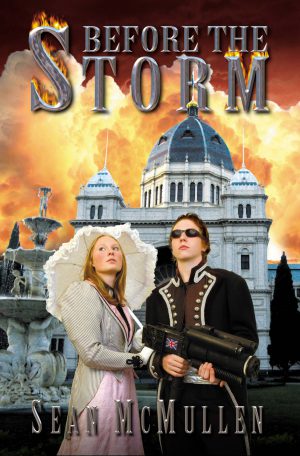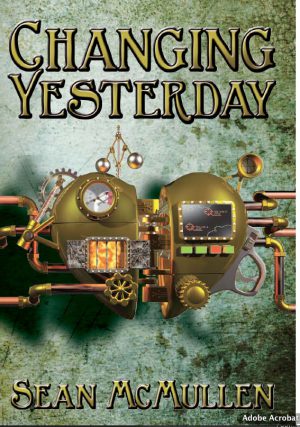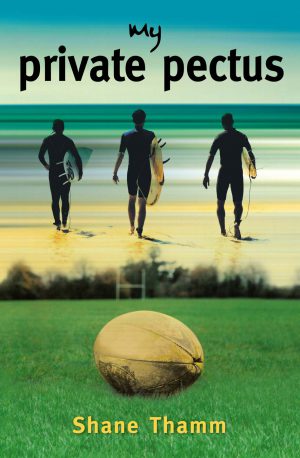- ISBN:9781921665981
- Publication date:1 August 2013
- Extent:243
- Format:B format paperback
- Genre: historical fiction
- Age guide: Older Readers, 11+
Flora’s War
By Pamela Rushby
$18.95
It’s 1915 and sixteen-year-old Australian, Flora Wentworth, is visiting Cairo with her archaeologist father. She watches with growing alarm as first a trickle and then a flood of wounded soldiers are shipped into the city from Gallipoli.
Flora’s comfortable life is turned upside down when a hospital visit thrusts her into the realities of World War 1. She is soon transporting injured soldiers and helping out exhausted nurses – managing to fall in love along the way. As Flora battles to save lives and find her own, a tragic misunderstanding changes everything.
Cover designed by Grant Gittus.






Sue Warren –
Between April 25 1915 and January 9 1916, the Battle of Gallipoli – also known as the Dardanelles Campaign raged between British/French Allies and the crumbling Ottoman Empire in modern day Turkey. It was a defining moment for both sides but for Australia and New Zealand, arguably the most significant military episode in their respective histories, giving rise to an enduring national identity and the concept of the ANZAC spirit. Since then there have been countless books, discussions, films, articles and other retellings both fact and fiction, of the tragic casualties suffered – a shocking almost 30, 000 Australian soldiers dead or wounded as a result of combat.
Pamela Rushby has previously explored through fiction and nonfiction, Australia’s part in significant wars, Ancient and Modern Egypt and archaeology and in this new novel, combines all of these ingredients to present a very different slant on the ANZAC story.
Flora is a young girl, newly transitioned from schoolgirl to young woman, the daughter of a well-known Australian archaeologist who enjoys an annual sojourn in Cairo, helping her father with his current dig. In 1915 however, Cairo is a very different city from all her previous visits, with endless rows of army tents, drilling troops and dedicated young nurses in abundance. Far from Flora’s anticipation of a whirl of social engagements as newly emerged ‘young lady’, within a very short time Cairo is hurled into the bloody Dardanelles Campaign aftermath as waves of wounded soldiers are transported from the Gallipoli battle – many of them in near-fatal condition. The normal structure of hospitals and nursing staff cannot cope with this flood of piteous survivors and every possible building is commandeered to accommodate those who recover and volunteers are hard pressed to transport and nurse them.
Flora’s account of the Gallipoli tragedy is told compassionately and provides the reader with a little known side to the well-known history of this disastrous military venture. The personal relationships woven throughout the story lend depth and emotion to the characters and their situations and the reader is drawn into the atmosphere of the dark days they endured. The author has used extensive research to provide solid factual recounts of the events.
This novel would make an extremely valuable addition to any secondary library as well as a significant contribution to the study of World War 1 and Australian Identity (ACARA Year 9 History Strand).
Highly recommended for readers aged 13+
Robyn Donoghue –
Flora’s War by Pamela Rushby opens with a confronting, but honest description of the stench coming off wounded soldiers transported by train from the battlefields of Gallipoli, to the city of Cairo. Through Flora we become familiar with the routine and poise of volunteer drivers as they transport wounded soldiers from trains to the hospital nearby.
Australian girl, Flora is a seasoned traveller to Cairo, accompanying her archaeologist father Mr Wentworth on his yearly excavations of tombs and pyramids, organised by the highly connected agent Mr Khalid. Having turned 16, this will be Flora’s first season as an adult, who will be working as her father’s assistant. She is excited by the prospect that she will be able to experience the glittering social life Cairo has to offer, as she makes her debut along with her great friend Gwen; the daughter of Professor Travers, an Archaeologist at Boston University.
This historical novel shows the impact of war on the city of Cairo. How its citizens rallied together to assist with the enormous influx of wounded soldiers pouring in from Gallipoli. We see how volunteer organisations, such as Lady Bellamy’s Rest and Recreation Centre for Soldiers provided much needed support to overwhelmed ambulance officers, doctors and nurses. It is a coming of age story, showing Flora’s maturity as a driver and hospital volunteer, but also revealing her inability to comprehend the complex psychological trauma, suffered by the soldiers.
It is a fresh telling of the Gallipoli campaign, showing how war provided opportunities for women to actively participate in the running of society on an equal footing with men. This book is a gem, and I have no doubt will act as a great resource when teaching students about Australia’s participation in the First World War.
Jenny Mounfield –
‘Cairo, 1915
We can always smell them before we see them.
Today it’s bad, really bad, but not as bad as the first time, because then we had no conception of just what we’d see when the wooden doors of the train slid back.’
When I read the blurb for this book my first thought was, Oh, not historical fiction! But on reading the opening lines above, how could I not want to know more? What follows is Flora’s story: how she came to be in Cairo with her father in 1915 as the city filled with soldiers preparing for war; the friendships she formed and ultimately how her dreams of glittering parties and fun were replaced by train-loads of wounded and dying men fresh from the shattered shores of Gallipoli.
“Much later, after everyone had gone, Gwen and I were in my room.
‘And just what was going on with the debonair William?’ I demanded.
‘We-e-e-e-ll.’ Gwen looked at me, eyes sparkling.
‘Gwen! You didn’t! Did you? Did you actually kiss him?’
Gwen nodded.
‘You did? Really? So what was it like? Was it wonderful? Tell me!’
‘What was it like?’ Gwen pretended to think about it. ‘Well, to tell you the truth, it was just sort of prickly. William has a moustache, you see.’
‘Prickly? Is that all?’ I was horribly disappointed.”
While Flora’s War is set in a time of war and documents Flora’s volunteer work with soldiers, at its core it is a coming of age story. It’s a story about a girl on the brink of womanhood learning the value and commitment of friendship and love, as well as other important life lessons, such as the paradoxical nature of human kind. It is also very much a story about Egypt. Through Flora’s eyes, readers see her father’s archeological dig, are led through the shadowy corridors of her opulent and somewhat mysterious rented home and are taken into Cairo’s maze of back streets. Rushby has done her research so thoroughly that even now, a day after finishing this book, I can still see the pyramids pressed against an endless heat-hazed sky and smell the dry earthiness of sunbaked stone.
With the one-hundred year anniversary of the battle at Gallipoli less than two years away, this book will be an invaluable resource in the classroom. I can think of no better way for young adults to gain an understanding of exactly why Gallipoli is such an important part of our history than by reading Flora’s War. As for my view of historical fiction: it would appear an amendment is in order.
Pamela Rushby has written well in excess of 100 books for young people, perhaps her most notable being: When the Hiphicks Went to War (Winner, Ethel Turner Prize for young people’s literature, New South Wales Premier’s Literary Awards 2010 Notable Book, Children’s Book Council of Australia Awards 2010). Find out more about Pamela’s writing and workshops at: http://www.pamelarushby.com